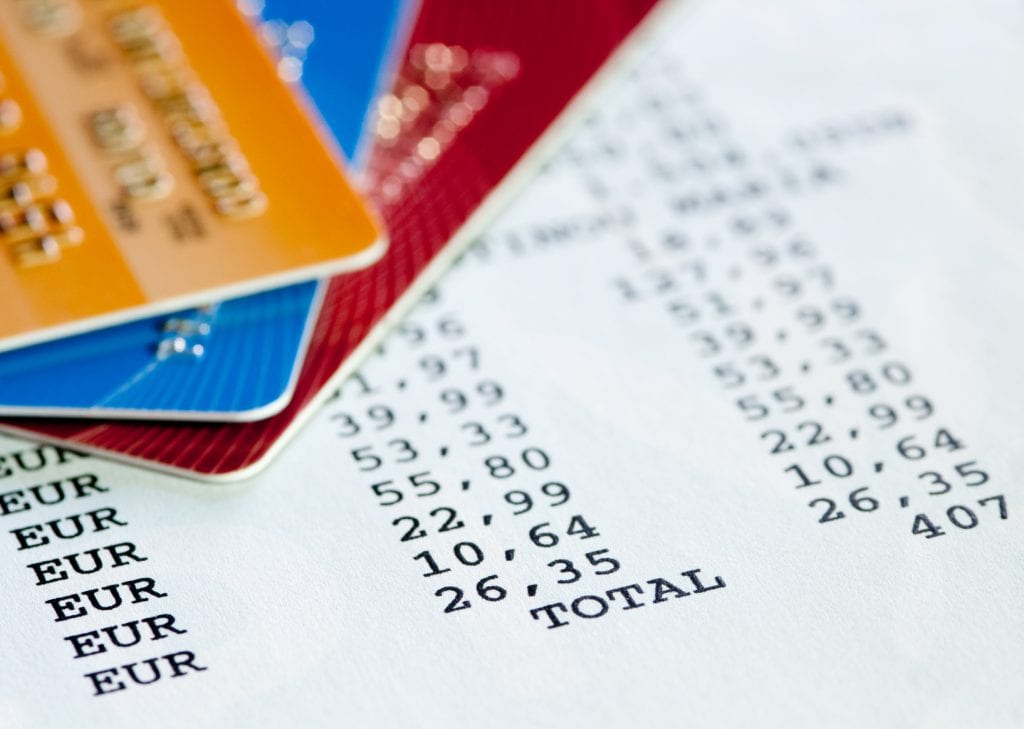Mobile payments are developing at a speed that is unprecedented in the payments industry, with a new product being introduced seemingly every week. These solutions come from all sorts of companies, including startups such as LevelUp and Square, financial institutions, and established companies in the payments industry such as PayPal and the card networks. Established companies from outside of payments also have caused disruption in the space, including Google, the telecoms behind Isis, and Starbucks.
While these products all focus on combining payments and the mobile platform, they take a number of different approaches toward that end goal. Some focus on enabling consumers to use their mobile device for payment at the point of sale (e.g. Google Wallet and Isis), others are enabling merchants to use a mobile device to accept payments from consumers at the point of sale (e.g. Square), while some are focused on using the mobile platform for e-commerce (e.g. Visa’s V.me).
Assuming consumers don’t want to use a dozen different mobile-payments application, one product will ultimately emerge as the leader. The dominant solution most likely will be the one that can attract the most consumers while providing the least amount of friction.
From a TechCrunch article:
As [former PayPal CTO Dana] Stalder predicts, “he who owns the consumer relationship holds the power.” But scale itself amongst consumers isn’t the only defining factor in who is going to come out on top, contents Husson. He believes the winner’s offering is going to be all about convenience. “The mobile payments company bring value to consumers and merchants beyond just payments. Before payments, during payments and after payments,” he says.
Square is cornering the market on small merchants while simultaneously making a deal with Starbucks. PayPal now can be used for POS payments at retailers such as Home Depot and Jamba Juice. PayPal hopes to use its experience in online payments as a competitive advantage. Google and Isis have both received significant publicity, however, the limited adoption of NFC technology has restricted their potential for the short term. Apple has experience in payments, especially from iTunes, and is speculated to be preparing its recently announced Passbook for use as a mobile wallet.
The emergence of a clear cut leader is likely years away. Until that point, the potential trillions of dollars in value for the product that does eventually emerge as dominant will continue inspiring the introduction of new solutions on a nearly constant basis.
Click here to read more from TechCrunch.
